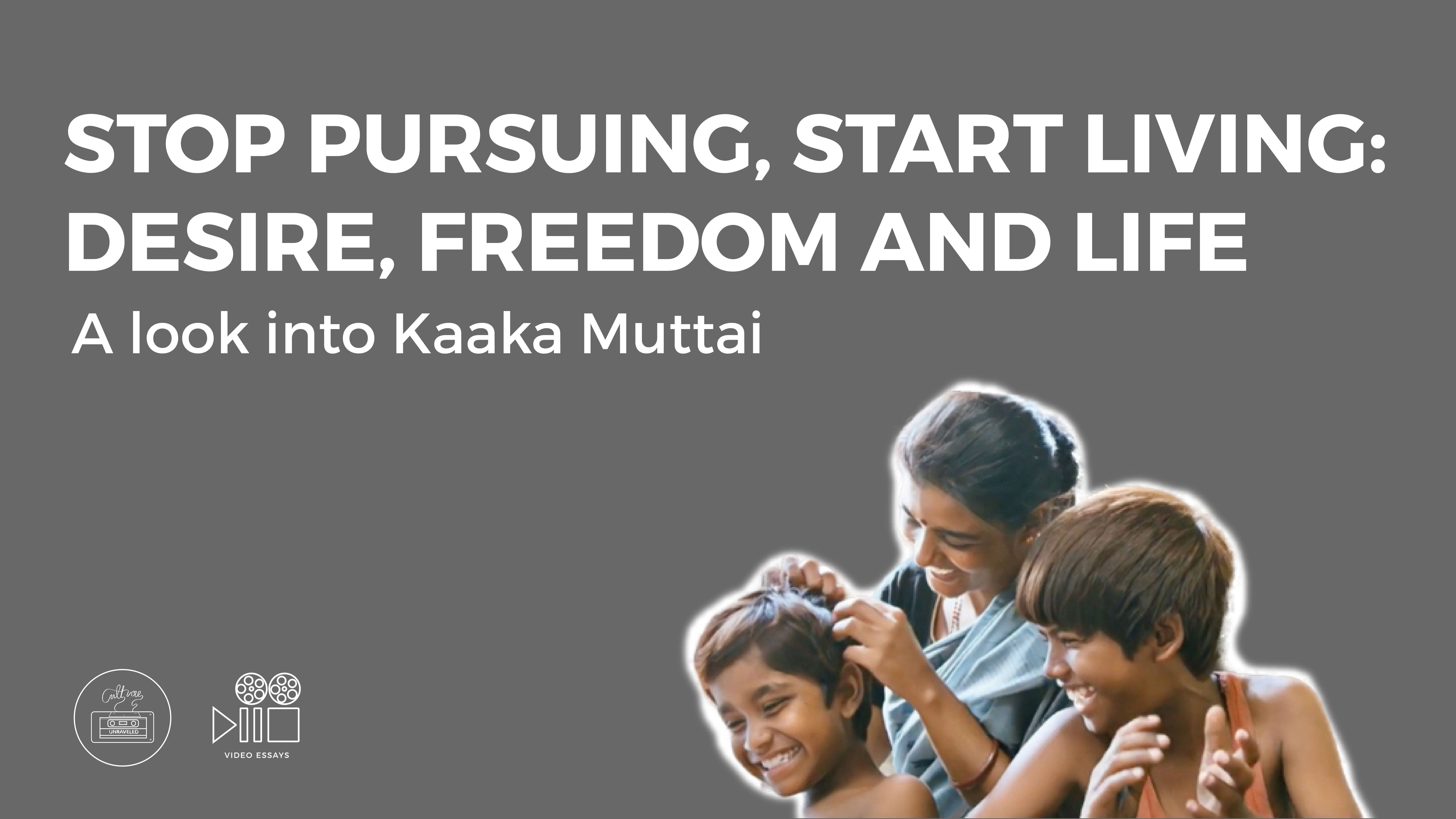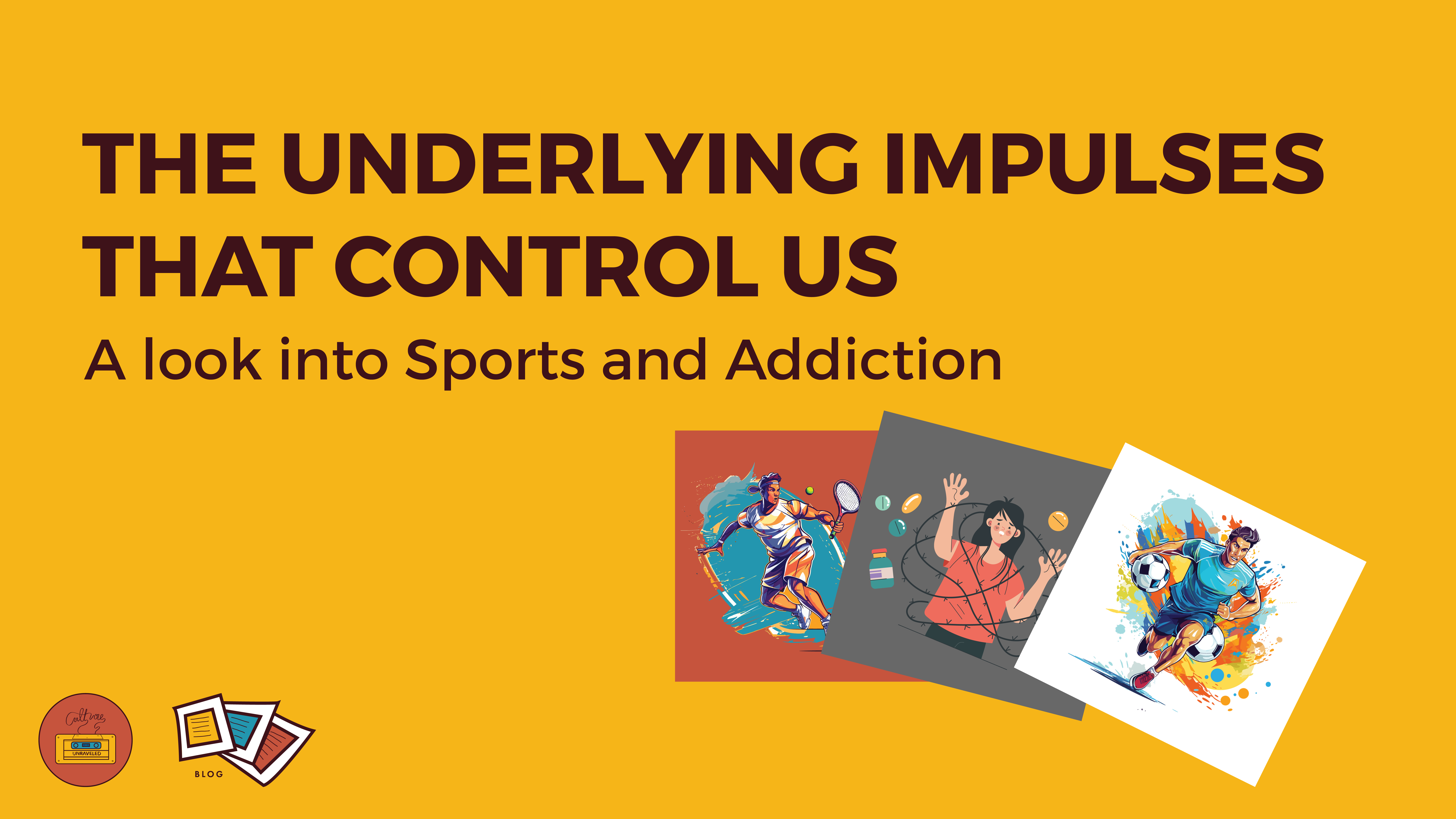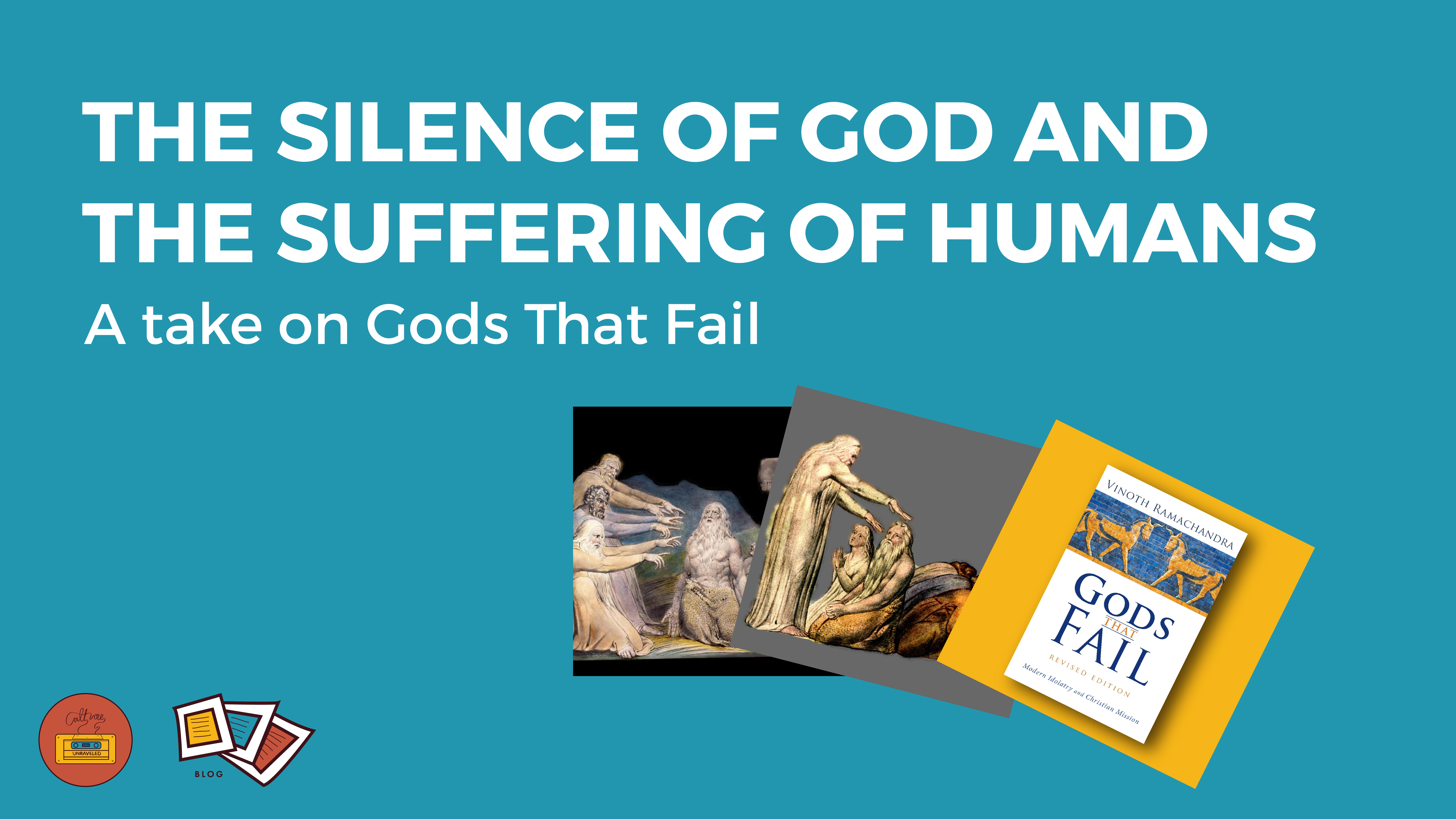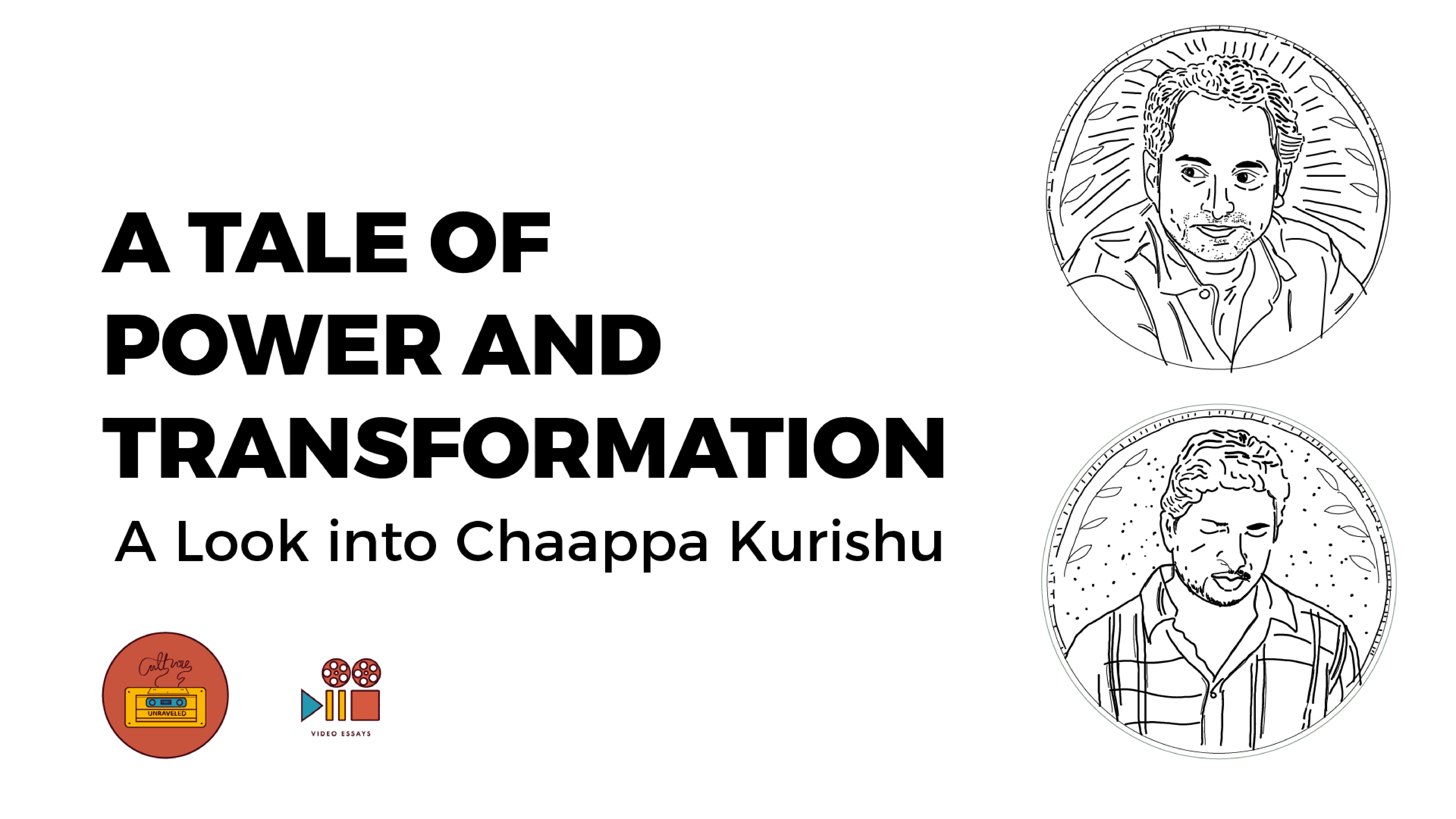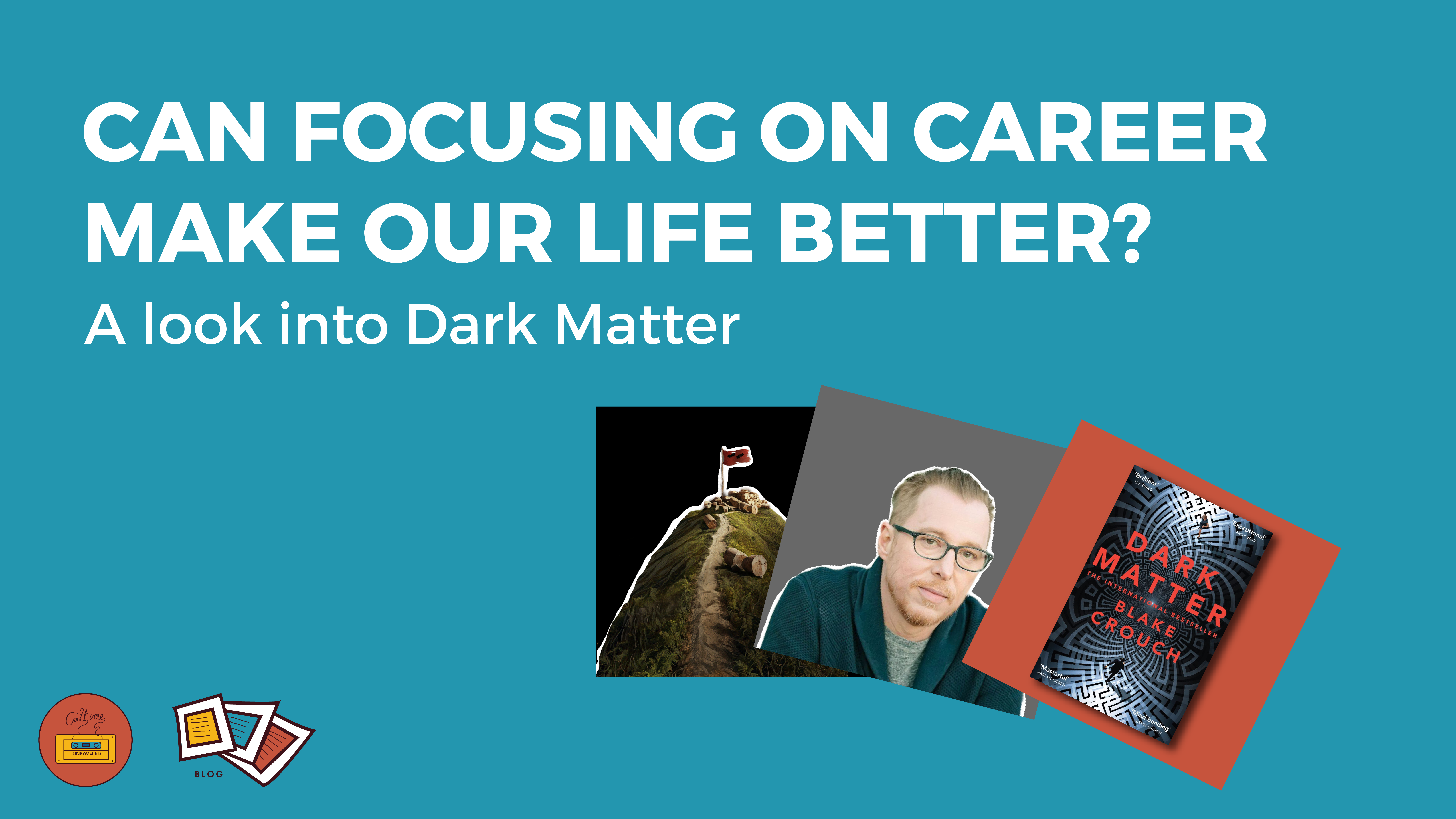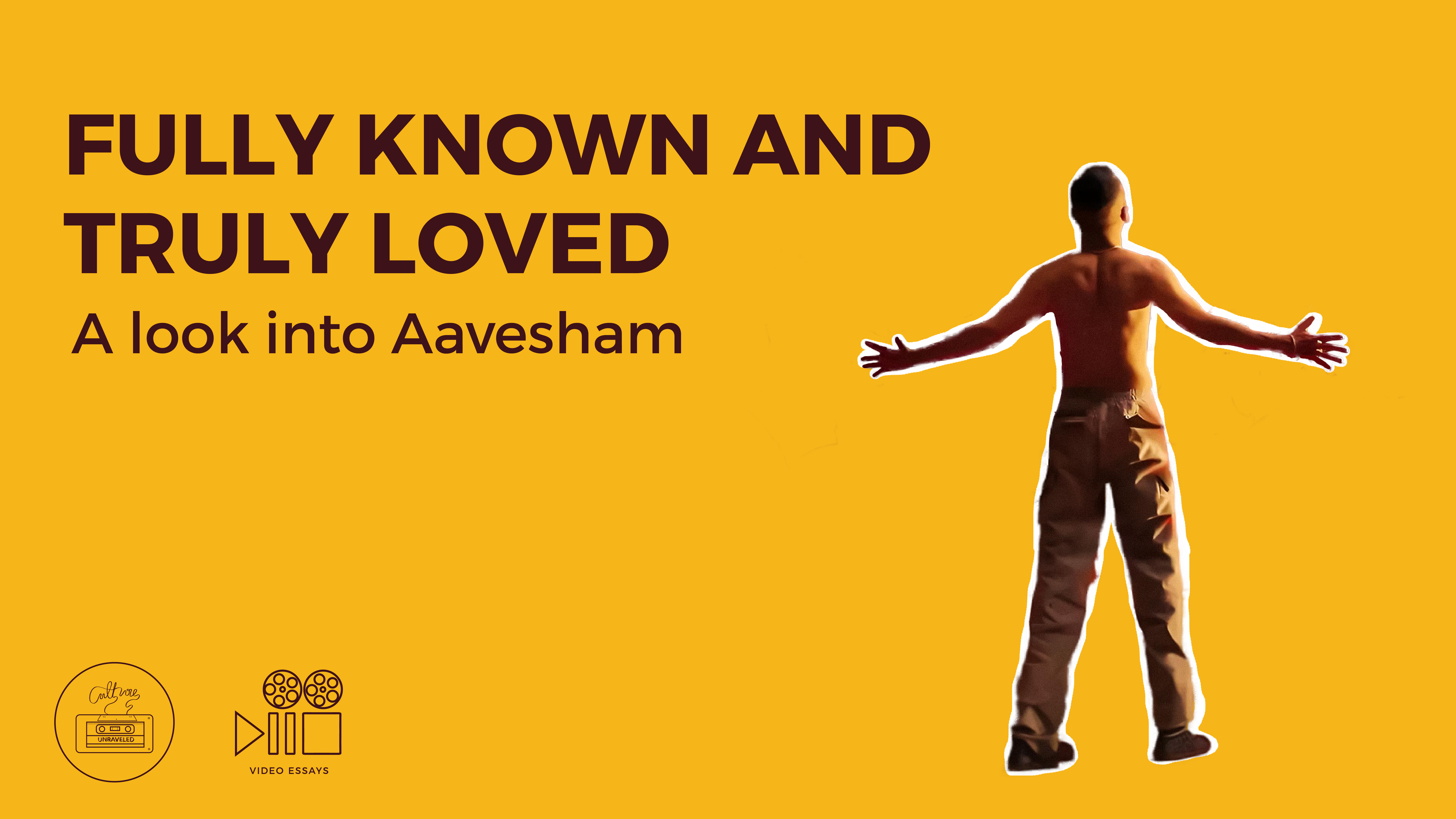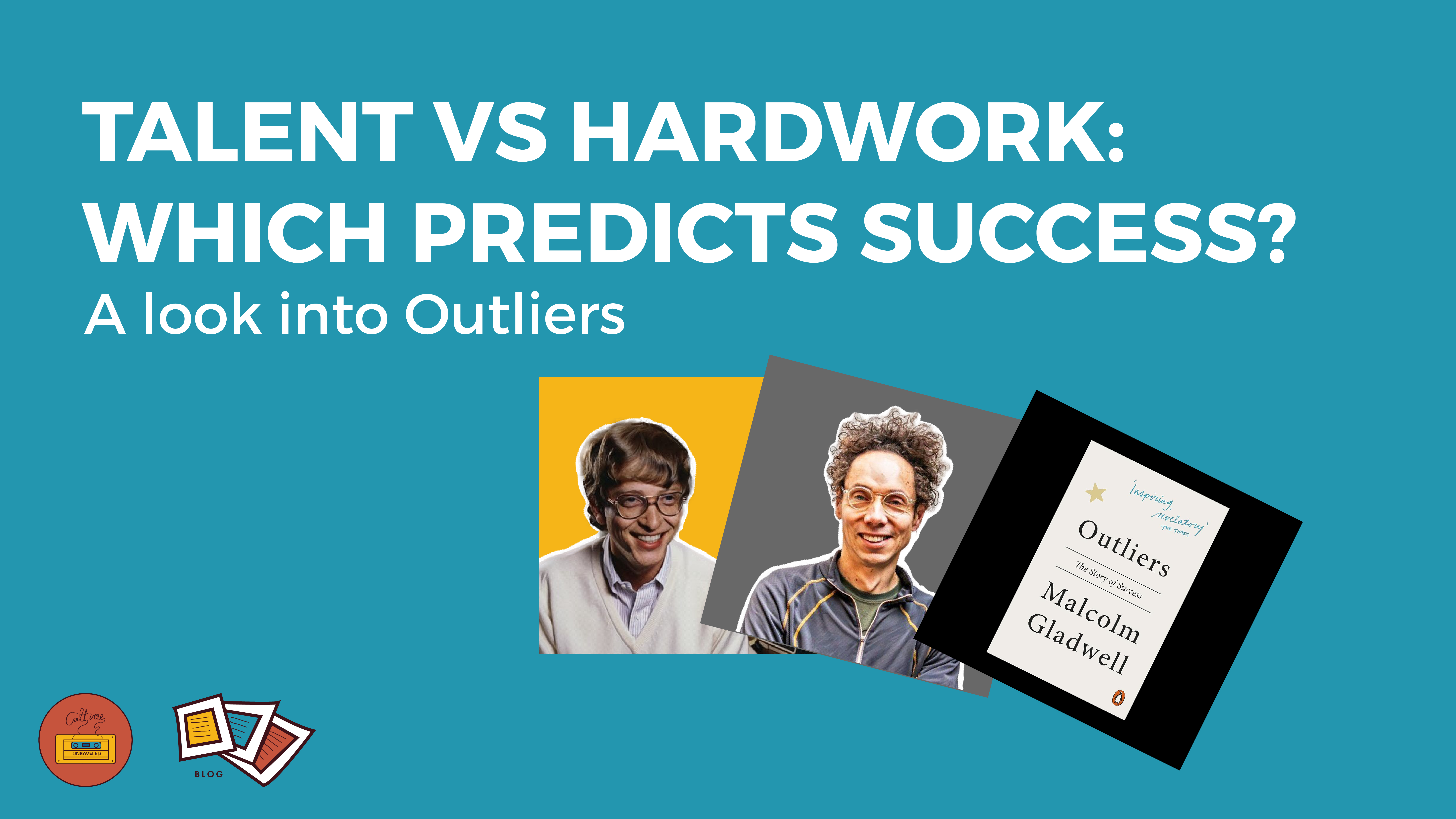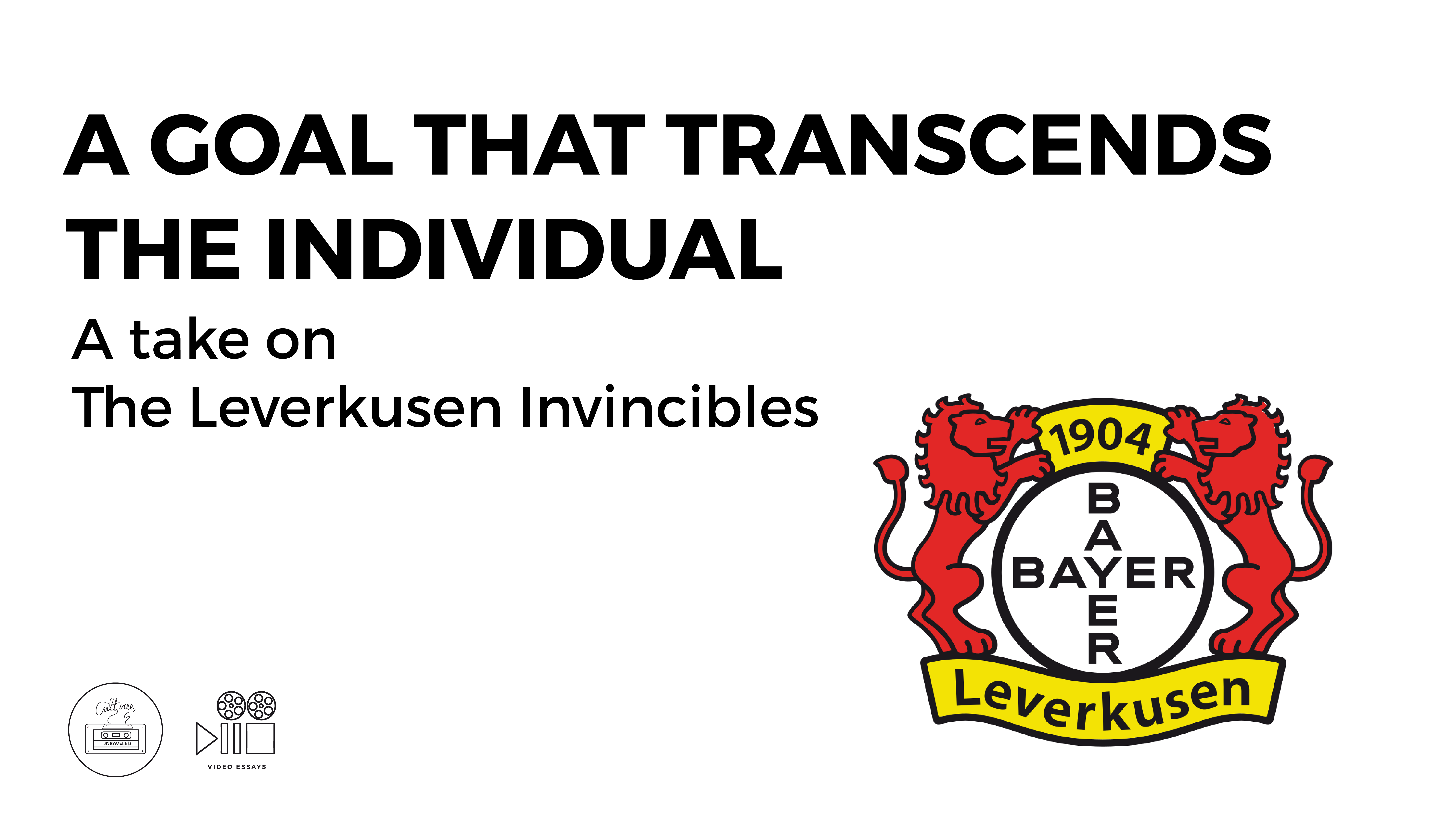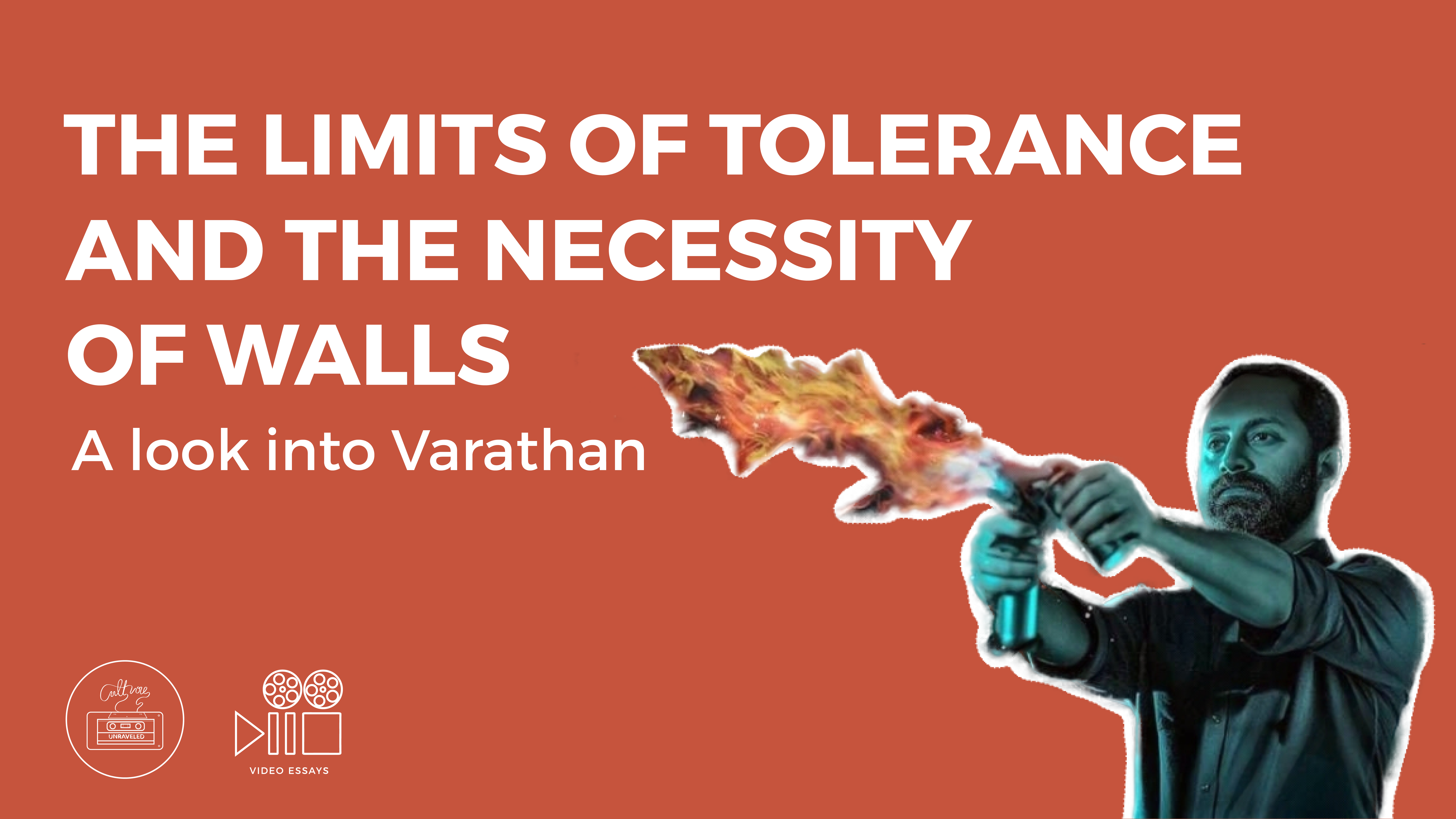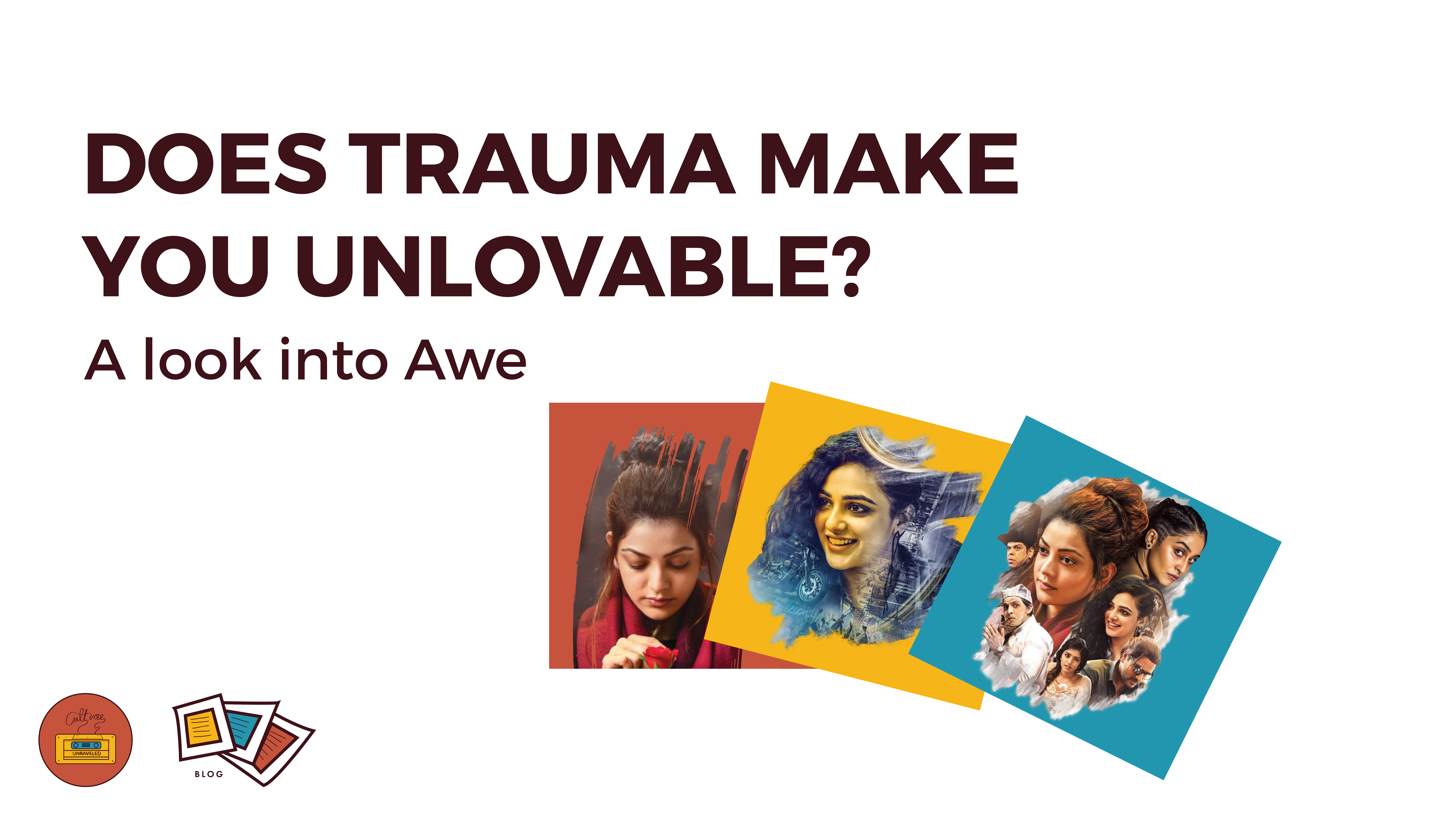
The movie ‘Awe’ is an intriguing tale about the cost of unexpressed anger and its potential to lead us down a dangerous road, inevitably costing our lives. The story begins by portraying Kali, a woman who seems to be on the verge of making the most important decision of her life. As she considers her options, the story quickly moves on to portray the lives of the rest of the characters: We see Radha, who feels dejected at her parents disapproval of her partner, Krish. Nala, an incompetent chef, takes the help of an aquarium fish and a bonsai tree to cook, even as he remains totally unconcerned by how he can hear and talk back to them.
Then we see Shiva, an aspiring scientist, whose delusional aims to build a time machine are interrupted when a woman called Parvathi shows up and claims that she is his future self. An egotistical magician called Yogi mistreats Moksha, a young girl who is fascinated with magic. And Mira, a drug addict and barista, plans to rob a wealthy businessman who is visiting the restaurant with her boyfriend, but she becomes terrified after having an unsettling encounter with a ghost.
We see how the stories of all these characters are taking place simultaneously in the same restaurant when Mira’s boyfriend, in a frantic attempt to steal the businessman’s money bag, takes Moksha hostage and shoots Radha with a gun. Even as Yogi and Nala distract him from running away with the money, Krish tries to take the wounded Radha to the hospital. However, Shiva stops them from leaving, as Parvathi tells him that his parents will die if anyone leaves the restaurant.
As they realise that none of them are in control of the situation, the lights flicker and the scene goes back to Kali. As she writes down in a journal her decision to end her own life, the story reveals how all the main characters are merely multiple voices in Kali’s head. As a victim of childhood sexual abuse, Kali creates these voices in her head in an attempt to take back her lost power. The story ends tragically as Kali shoots herself in the head as a few onlookers stand around her and watch her die.
Through this movie, we learn how Kali’s experience of abuse causes her to bottle up years of repressed anger that ultimately leads her to kill herself. Psychological research tells us that anger is a natural response to abuse. But when the one who’s abused does not find an outlet for their anger, they push this emotion so deep within themselves that they can hide or suppress it for years. And the only way such anger finds release is through acts of self-loathing or rage.
Simply put, the one who’s abused and neglected finds ways to express their anger, either by inflicting pain on themselves or others. Even more so, such anger can be shoved so deeply within one’s heart and mind that creating voices in the head is the only way to express it. Such voices can be confusing, suspicious, and even delusional, and they can profoundly cost the victim their sanity, dignity, and worth. The voices in Kali’s head are a case-in-point.
The story in ‘Awe’ strikes us to consider how fragile our human hearts and minds are and how dangerous it is to toy with them. But the movie invites us to consider a deeper insight: our natural response to abuse is anger because we are wired to reject anything that disrupts our experience of love. Simply put, we are made to love and be loved. And nothing in this world, not even trauma from abuse, can make us unlovable. Sadly, Kali ended her life even before she had the opportunity to heal from her abuse and experience love again. But her life doesn’t have to become the norm. Rather, it can turn our attention to the truth that even though abuse could be an extremely sad and certain reality in our broken world, we can rejoice with hope that our hearts are made perfectly for love.
The Bible talks about God, not only as the Creator of all things, but also as the Father of all creatures. When he created humans, he gave them the special status of being his image bearers. And as His image bearers, we are not reflect Him, but are also loved by Him, as a father loves his children. To acknowledge God as Father is to be deeply convinced that we are made to be loved, first by Him, and then by others. But to acknowledge God as Father is also to believe that He redeemed us from the sin that infected our hearts, and the brokenness and abuse that causes us to suffer. Someone like Kali does not have to remain a victim of their abuse, or even their delusions because the Father’s love can not only bring healing to a body that has been wounded through abuse, can also enables her to expereince love like she was made for it.
_________________________________________
Written by Roselina Vundi

